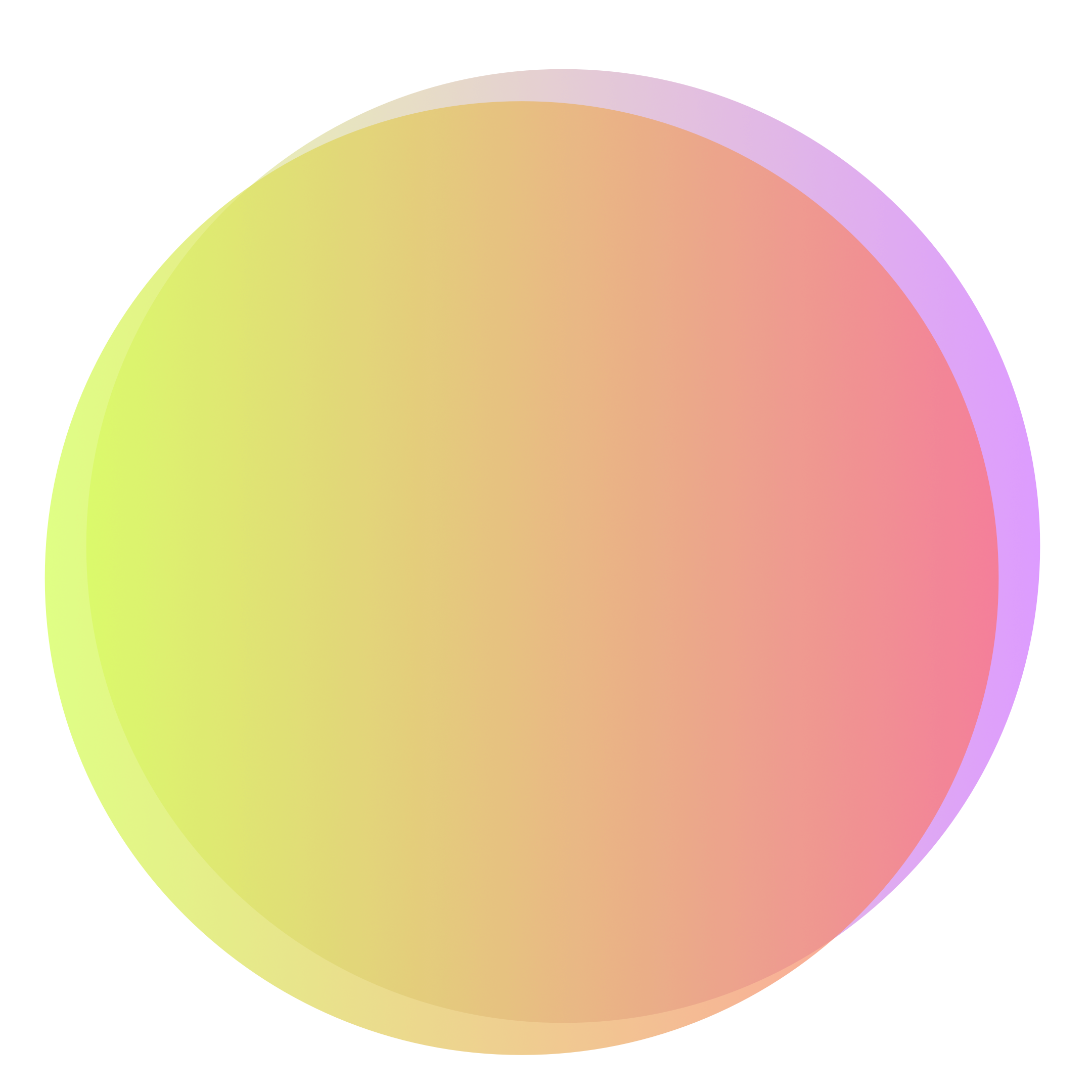MEDICAL WASTE PERSPECTIVES
CURATOR’S STATEMENT
I was first introduced to the problem of medical waste by Dr Tanishka Brahmanand, a fellow sustainability nerd in the Wattle Fellowship at the University of Melbourne. Every day, tonnes of single-use medical devices are thrown into landfill or incinerated, some without ever being used.
She taught me about Medical Pantry, an organisation that intercepts much of this unused waste from hospitals and medical centres. They collect all kinds of things, from expired butterfly needles to pathology tubes—stuff “unfit” for Australian humans, but is more than sufficient for local wildlife and vulnerable populations around the world. Stopgaps like these can make a difference, but the problem is clearly structural.
As patients, we have no effective say in the sustainability of our care. We can’t ask to take home the disposable devices that are used on us, nor can we bring our own like we bring keep cups to the café. These decisions are made for us, by those with much to gain from exploiting nature: who claim re-usable medical devices aren’t safe enough, are much too expensive.
And yet how can it be that we’re satisfied that tonnes of medical waste are produced daily by hospitals across Melbourne alone? What is to be gained from this frivolous medical care if we pollute the environment in which we live?
In this edition of Nature-Human, great poets, writers, and artists wrestle with the conundrums of medical waste, reframing the first-person to the first-object. Their attempts are to decentre the human, to empathise with the nature that humans have made: the latex gloves and the steel scissors, the absorbent pads and the pill packets.
This is not an exercise in answers. I hope you see it as more of a provocation. A space for questions we don’t quite know how to ask; room to reconsider the structures we take for granted in our prioritisation of the human.
If there can be change on the horizon, perhaps there is enlightenment in considering the perspectives of the devices we rely on; to shine a light on this exploitation of our most vulnerable communities, ourselves included.
Frankey Chung-Kok-Lun
